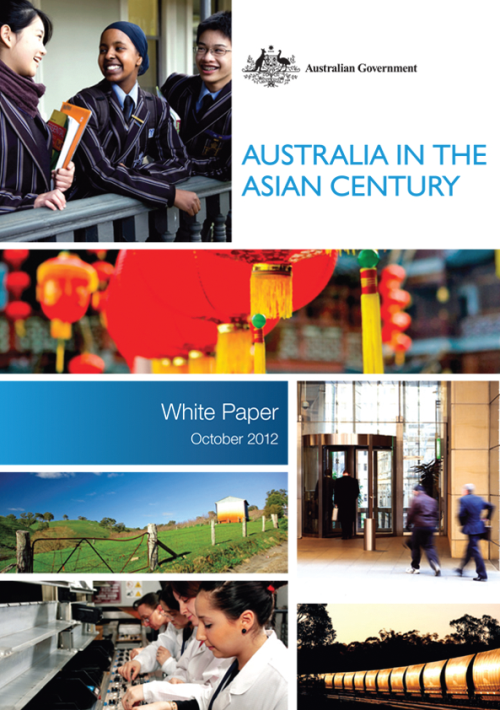http://www.mining-technology.com/
The so-called BRICS nations (Brazil, Russia, India, China and South Africa) are the world’s emerging powerhouses, in more ways than one. As well as exerting an ever-growing influence on the global political stage, these burgeoning economies are building up an industrial base that is closing the gap with the developed western world – or, in some cases, even surpassing it.
No sector illustrates this process better than mining. Competition from low-cost, large-scale mining projects in the BRICS nations has simply been too much for many European and US operations, which are struggling with higher overhead costs and more complex regulatory regimes. As a consequence, countries such as Brazil and China have become hotbeds for international investment.
BRICS countries look outward
BRICS mining investment, however, isn’t just a one-way street – increasingly, these countries are looking to tap into overseas resources in addition to their own domestic deposits. Indian companies including Adani Mining and Lanco Infratech have been assertively investing in Australian coal mining projects, while Brazilian iron ore giant Vale’s funding of iron ore projects in China proves that there are lucrative opportunities in inter-BRICS investment.
In Africa, BRICS countries, particularly China, are becoming more prevalent as investors in new mining projects, both for profit and to provide materials for massive infrastructure and construction projects.























